
Caspri Ownership
Versatile artist and undeniable talented designer, Suzanne Syz is the current owner of the Caspri farm. Born in Switzerland she left her homeland early to follow her cosmopolitan inclination. She has formed her artistry in Paris and New York, being a part of that famous clique of international artists, such as Andy Warhol, Jean Michel Basquiat, Julian Schnabel, Francesco Clemente and Jeff Koons, which since the early 80’s ruled the world of art. The artistic closeness to this lively world deeply contaminates her creativity, and Suzanne Syz begins to design brilliant and unconventional jewels, dominated by bright colors and unusual materials skillfully combined with traditional precious stones. An enchanting mix of charm and glamor able to conquer Hollywood celebrities and European aristocracy such as Elizabeth Taylor, Princess Gloria von Thurn und Taxis and Archduchess Francesca von Habsburg-Thyssen as well as many sophisticated collectors from all over the globe.
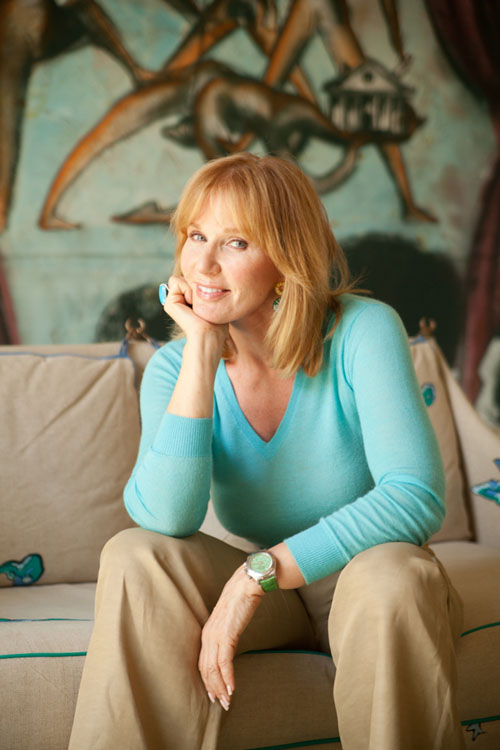
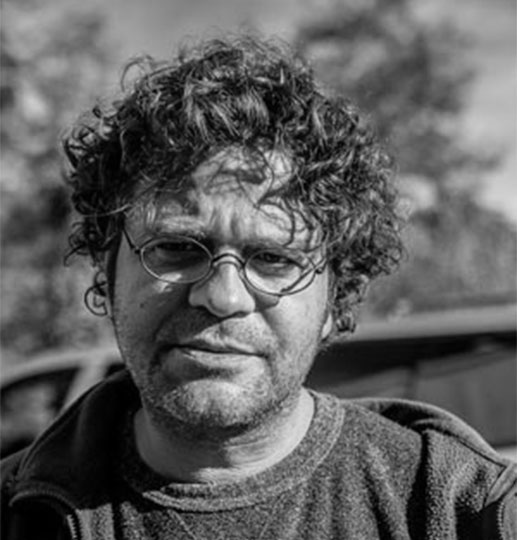
Bertrand Habsiger is the Alsatian winemaker at Fattoria di Caspri. He has a story as sommelier in many Michelin starred restaurants and he is actually the soul and the taste of Caspri wines. After having tasted for years the most sophisticated wines in the world, he devoted his skills to creating unique biodynamic wines of local and various other grape.
The Winemaker
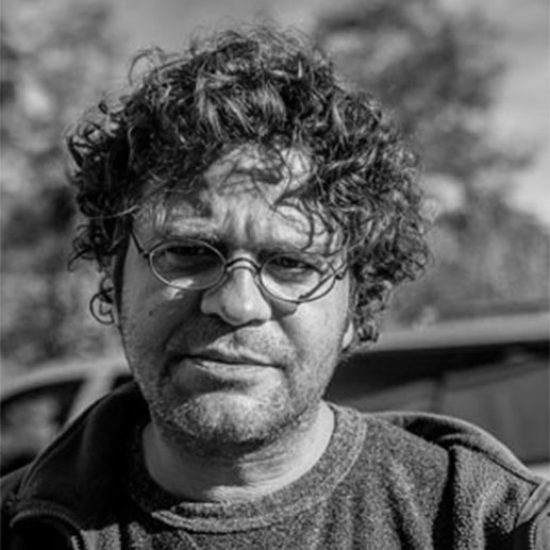
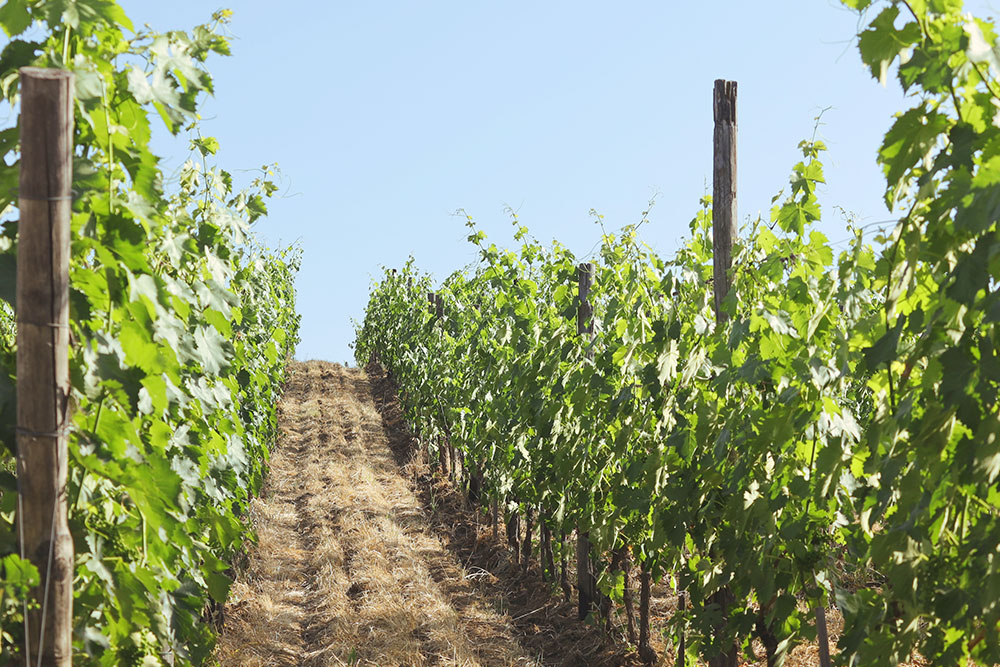

crafts people
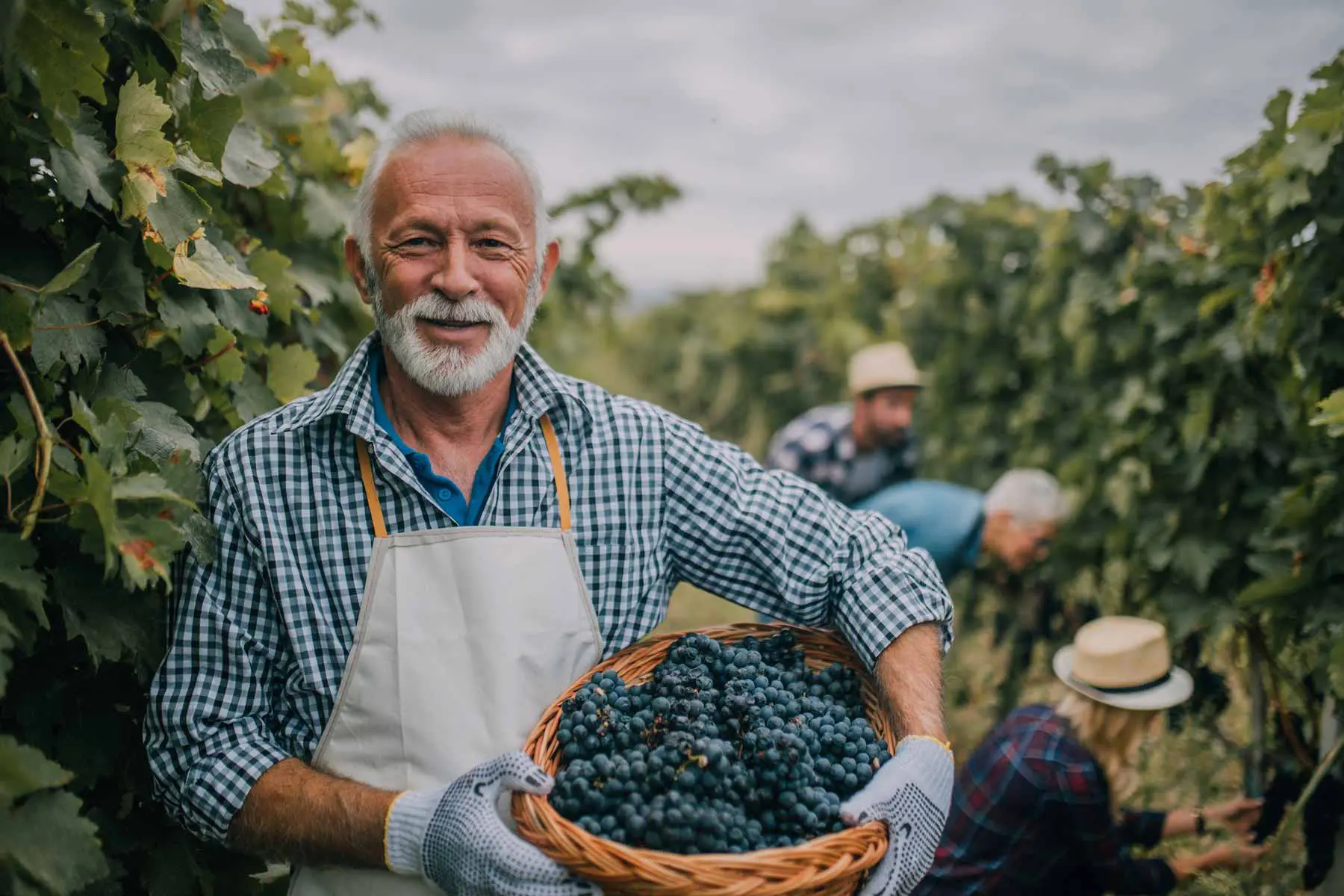
Bruno Rossi
Founder & Owner
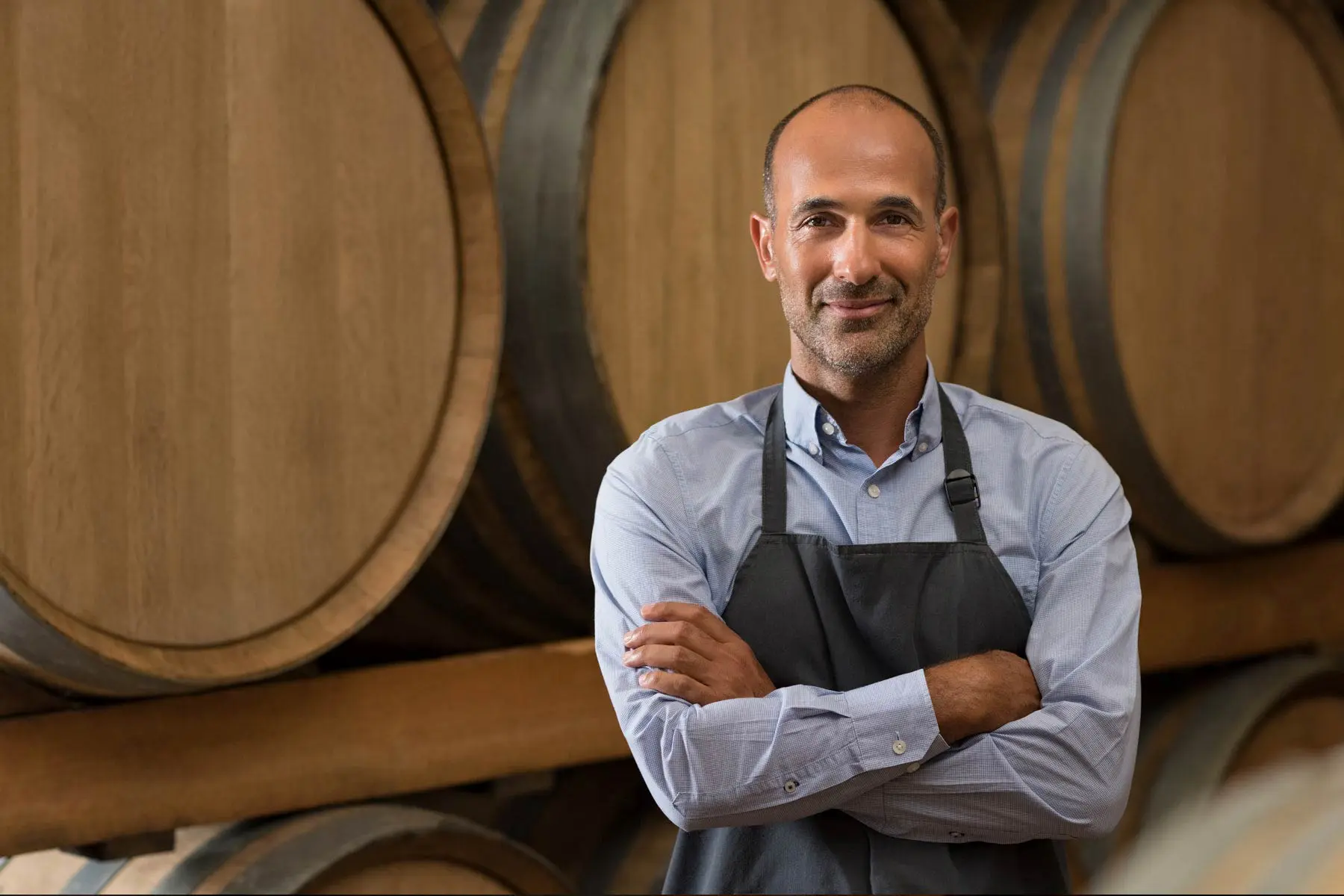
Fillipe Moratti
Executive Director
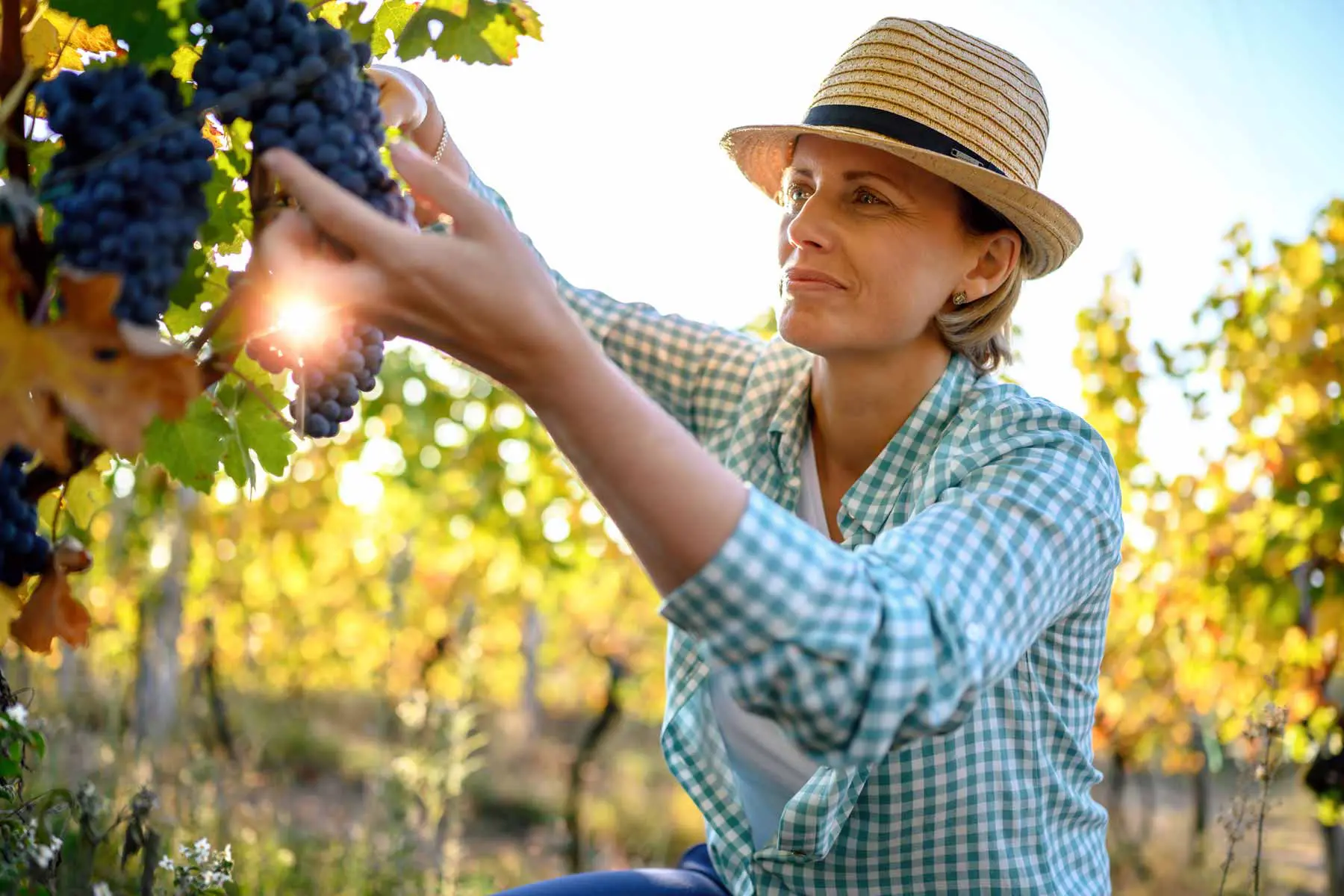
Agatha Rossi
Senior Winemaker
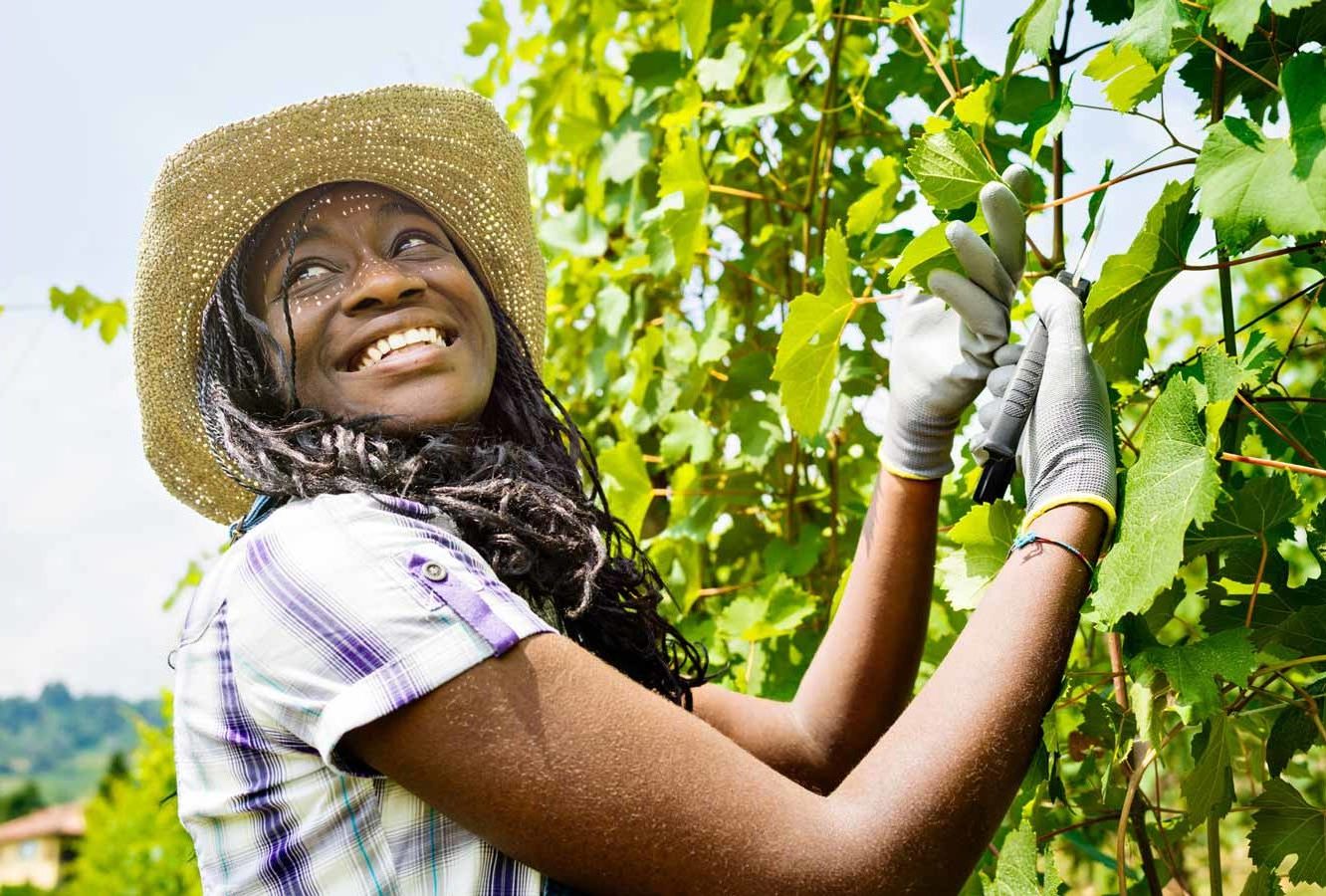
Ella Campo
Viticulture Manager
Milestones
Caspri through the ages

I century A.C.
Eliano Casperio
Fattoria di Caspri owes its name to the praetorian prefect Eliano Casperio, loyal general under Domitian emperor, who had here his home in the 1st century AD. Nowadays the estate bears no trace of the ancient Roman vestiges, but a remarkable portion of the Cassia Adrianea was recently found in the surroundings and it would therefore confirm the existence of a pretty important roman settlement in this area.
XVIII century
Caspri at Grand-ducal age
Around the middle of 18th century, the estate began to take its current shape;
over this period has been built the manor house and the first Caspri vines are planted
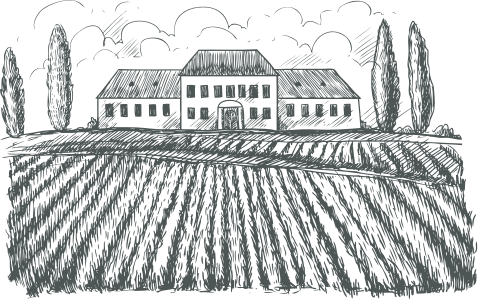
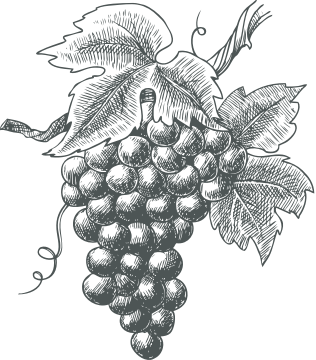
1821
Caspri in Leopoldian registry
Caspri estate appears for the first time in Tuscan archives in 1821, within the Leopoldian registry.
Those documents show the firsts farm borders, and they clearly appeared to be as they are today.
FIRST HALF OF 1900s
A small world apart
Fattoria di Caspri, a small gem on the Valdarno hills near the Chianti area seems to lead a life apart from the nearby Rendola community.
Nowadays the cultivation of vines is experiencing a moment of strong expansion.


2006
A brand new management
Suzanne Syz, famous Swiss jeweller artist and art collector, falls in love with the farm and she recognizes its potential.
She decides to buy it to produce biodynamic wines.
2007
Biodynamics lands in Caspri
In 2007, the winemaker Bertrand Habsiger arrives in Caspri and decides to apply biodynamics principles to the cultivation of vineyards, olive trees and vegetable garden. Ever since then, the effort of applying the biodynamic method has been worthwhile the effort and gives the most amazing grapes and vegetables.


sustainability
Biodynamics: an ethical choice
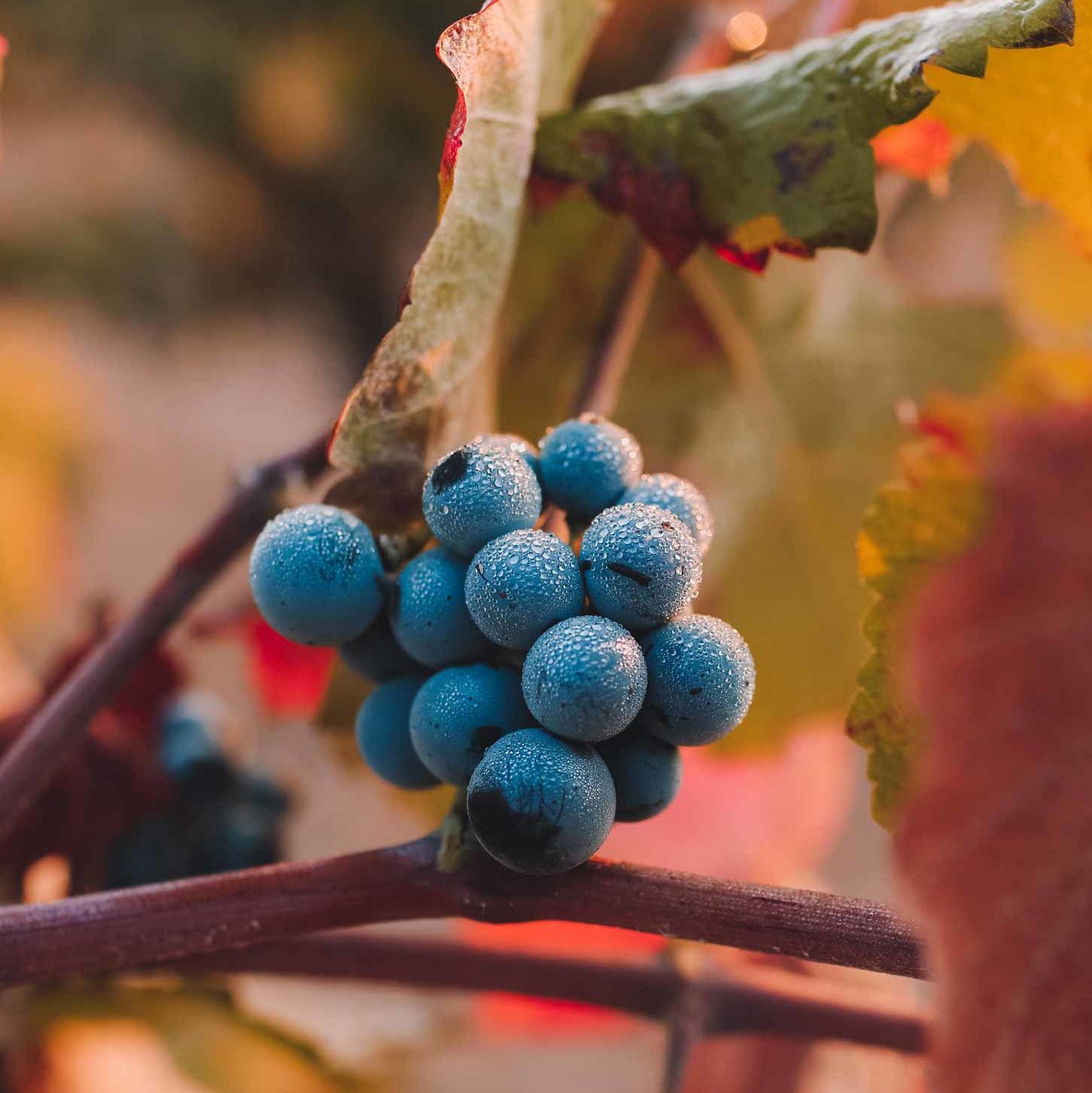
Lorem ipsum dolor sit amet, consectetur adipiscing elit. Phasellus id erat auctor, venenatis risus a, venenatis arcu. Integer facilisis, ipsum nec iaculis tincidunt, mi est lacinia tortor, vitae ultricies lectus lorem ac nunc. Mauris rhoncus dolor in odio tempor, sit amet eleifend nunc pellentesque. Sed molestie pharetra lorem.
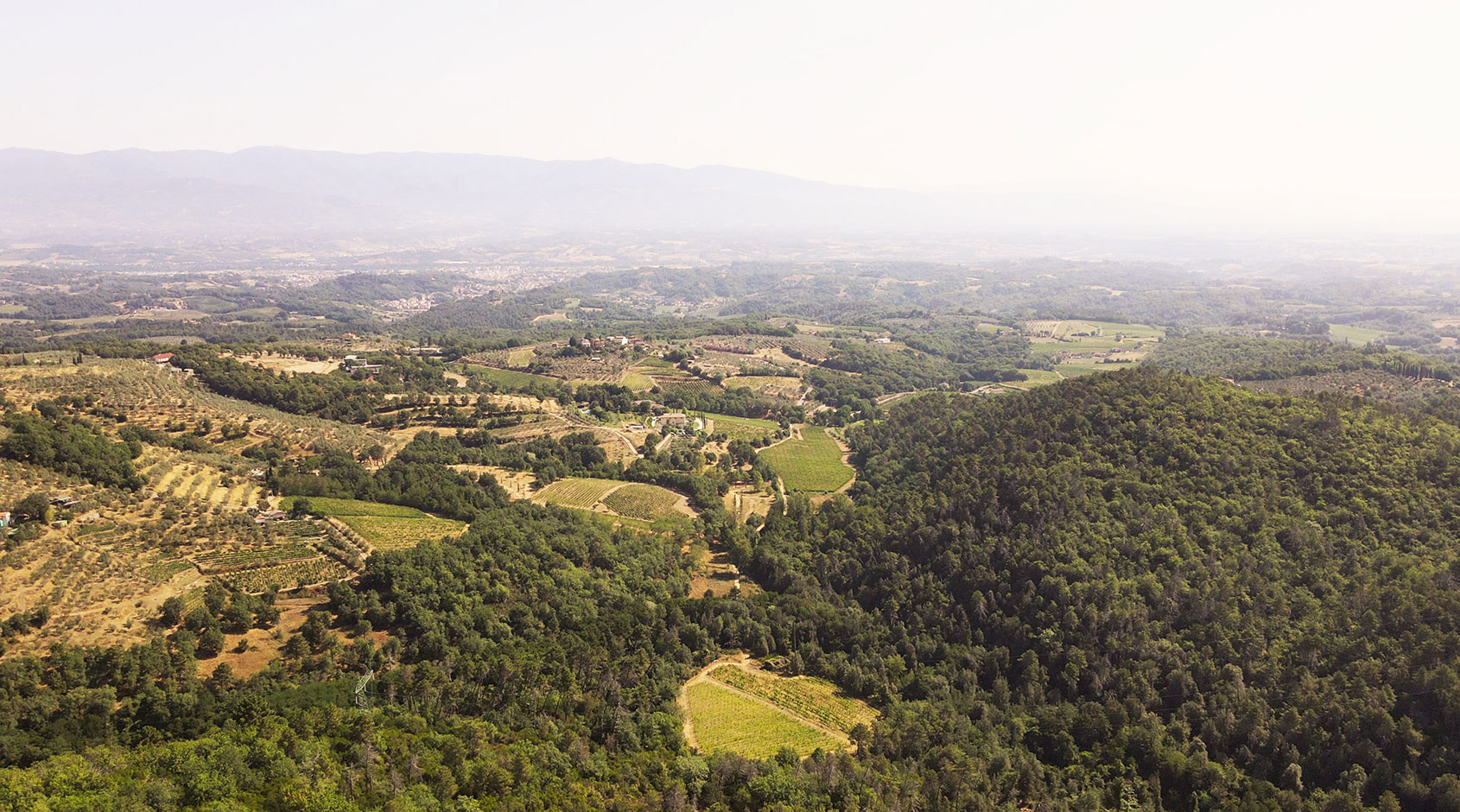
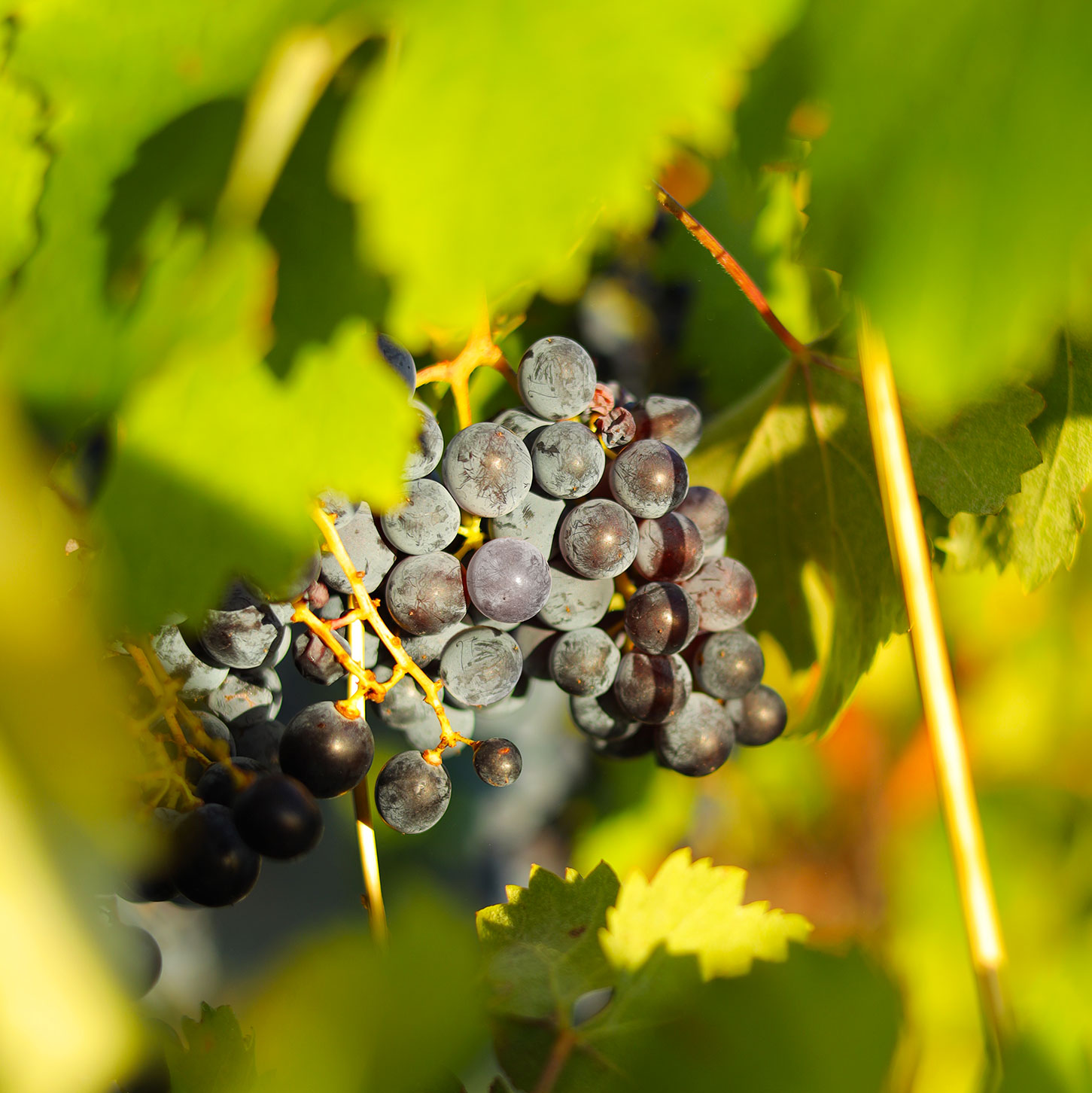
Biodinamycs it’s our world. We apply this philosophy to all our products and it force us to observe natural cycles with love and respect producing without depleting the soil, without interfering with the biological processes. At the dawn of times, humanity has evolved learning how to grow the soil by the use of tools that Nature puts at our disposal. In a increasingly polluted World oriented to overproduction, the choice of biodynamic and traditional systems are the only sustainable option. The waiver of chemicals or pesticides the respectful use of tractors and the sowing of green manures ensure that the soil expresses itself at its best in excellent products.

